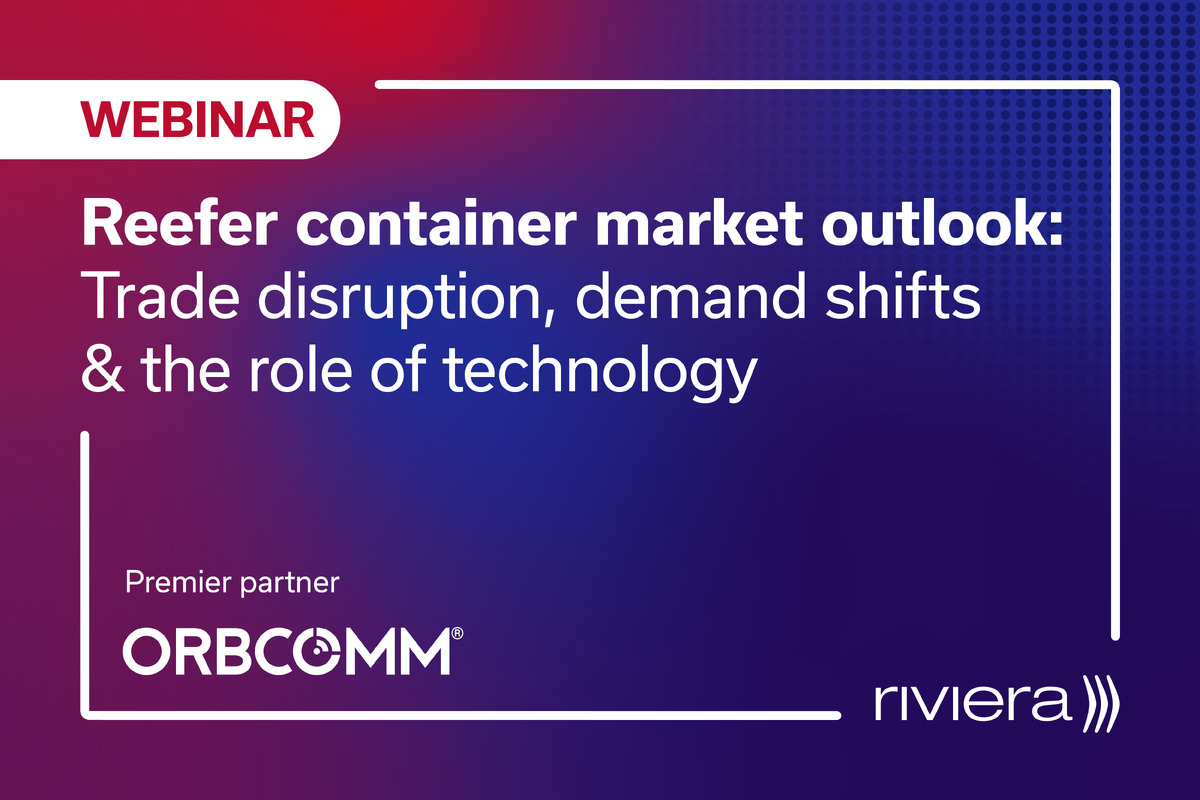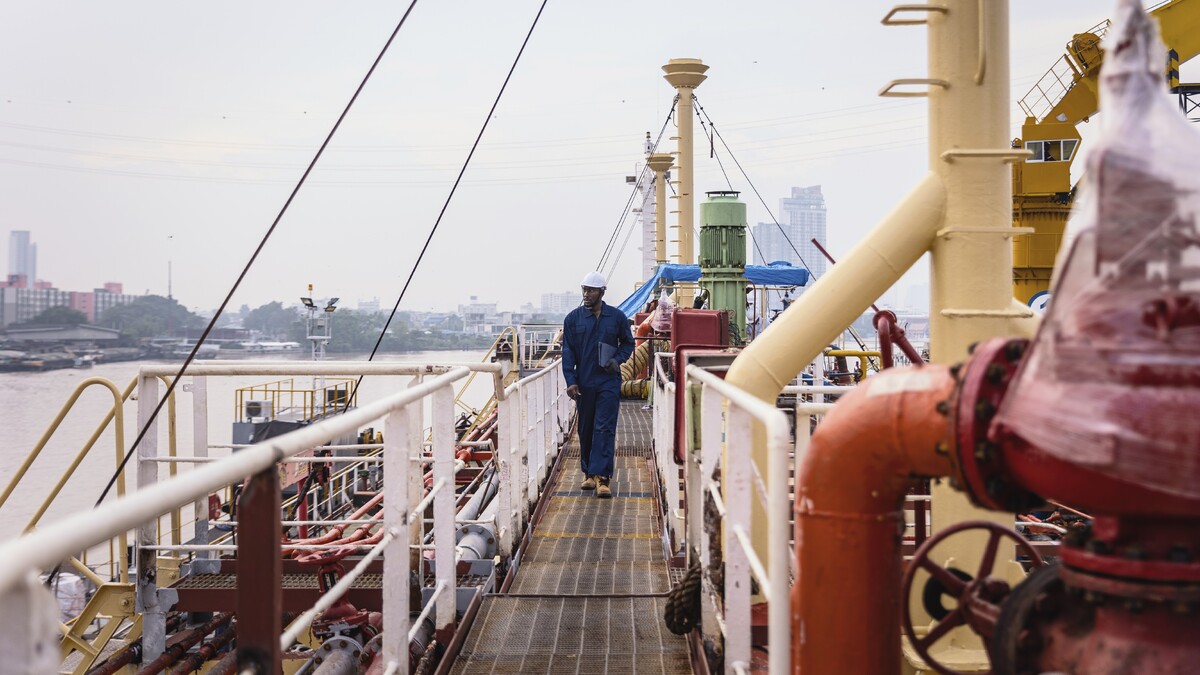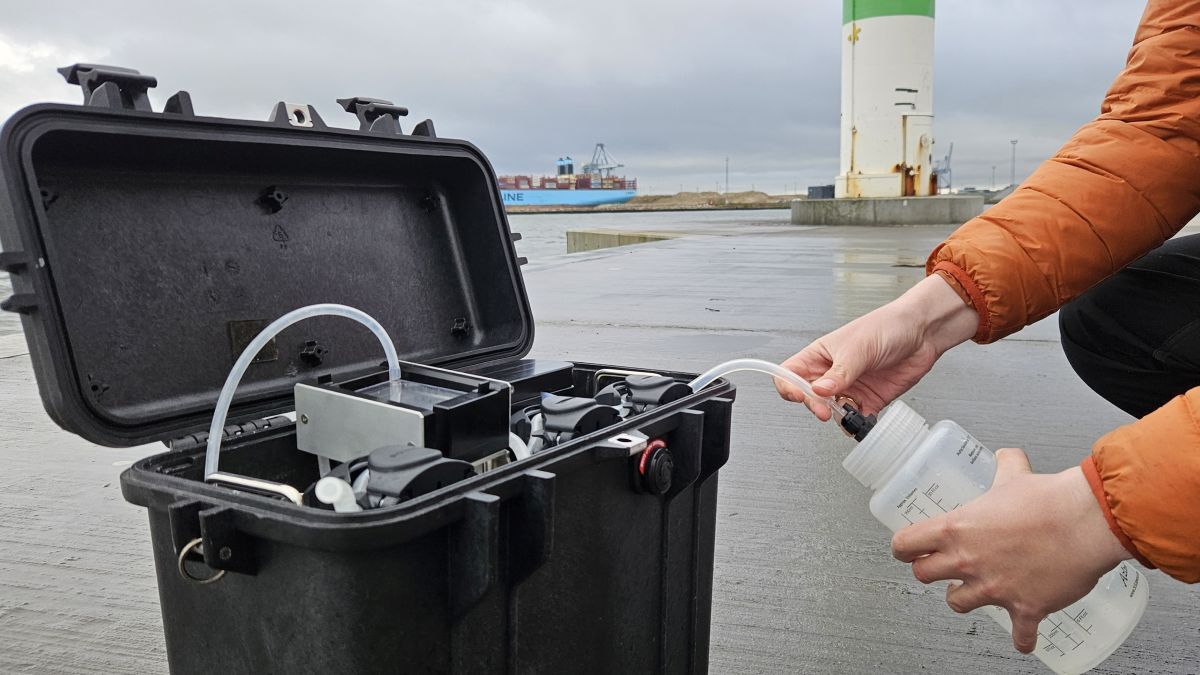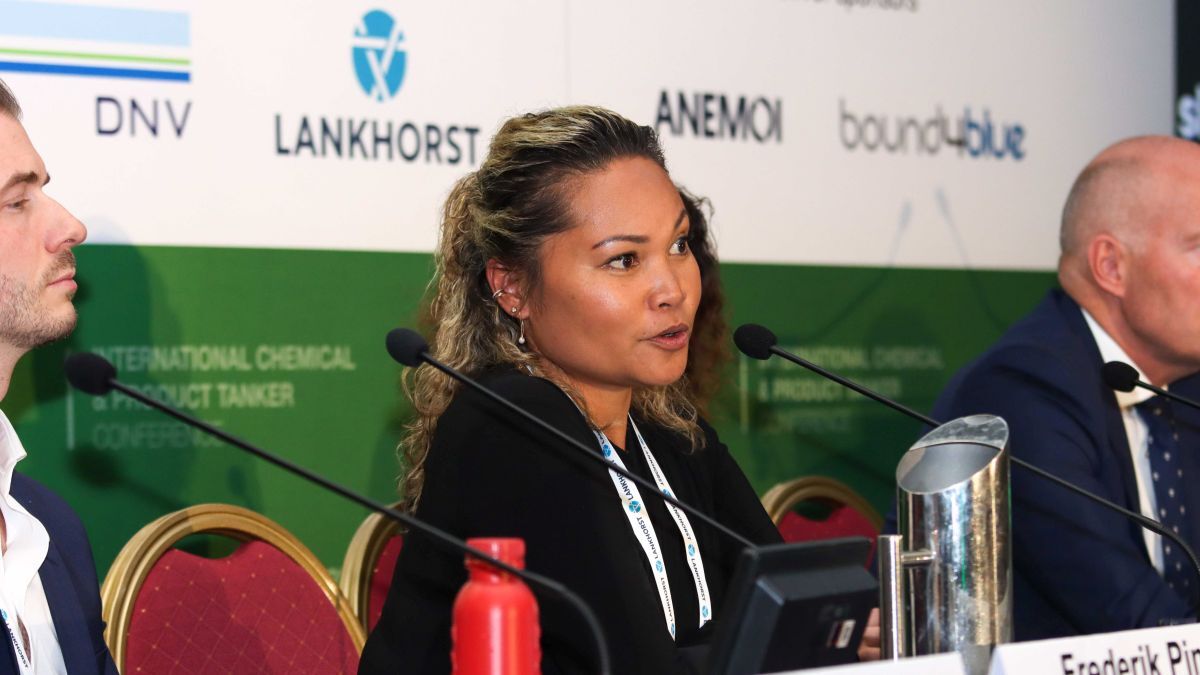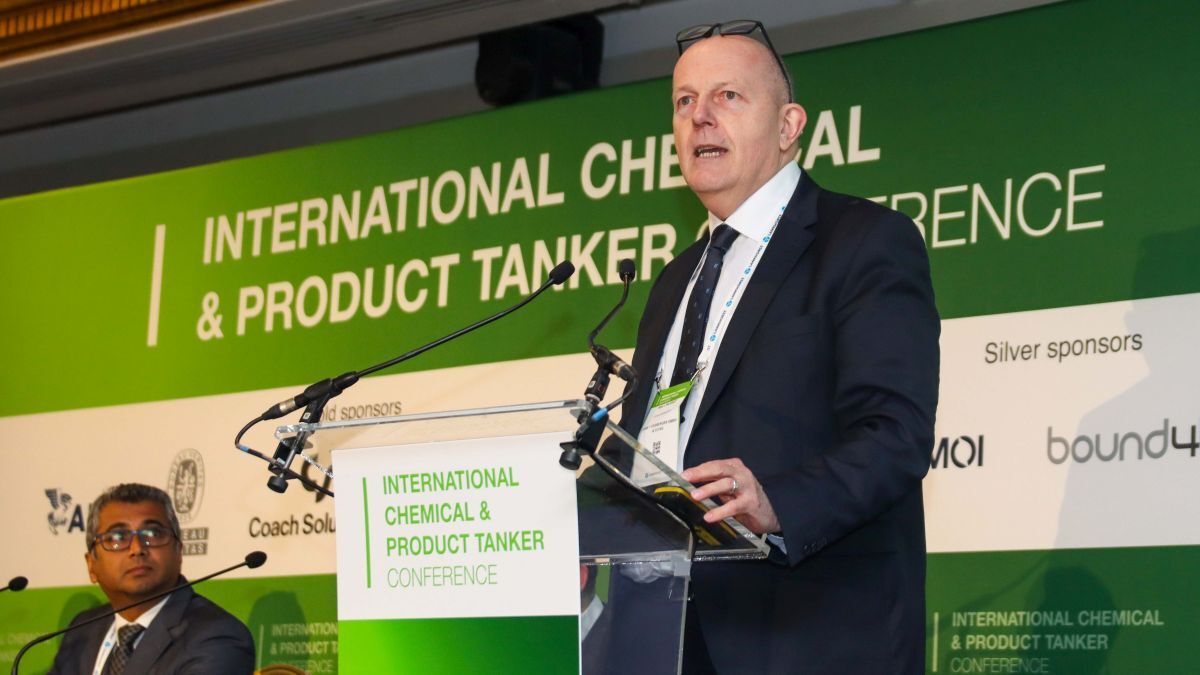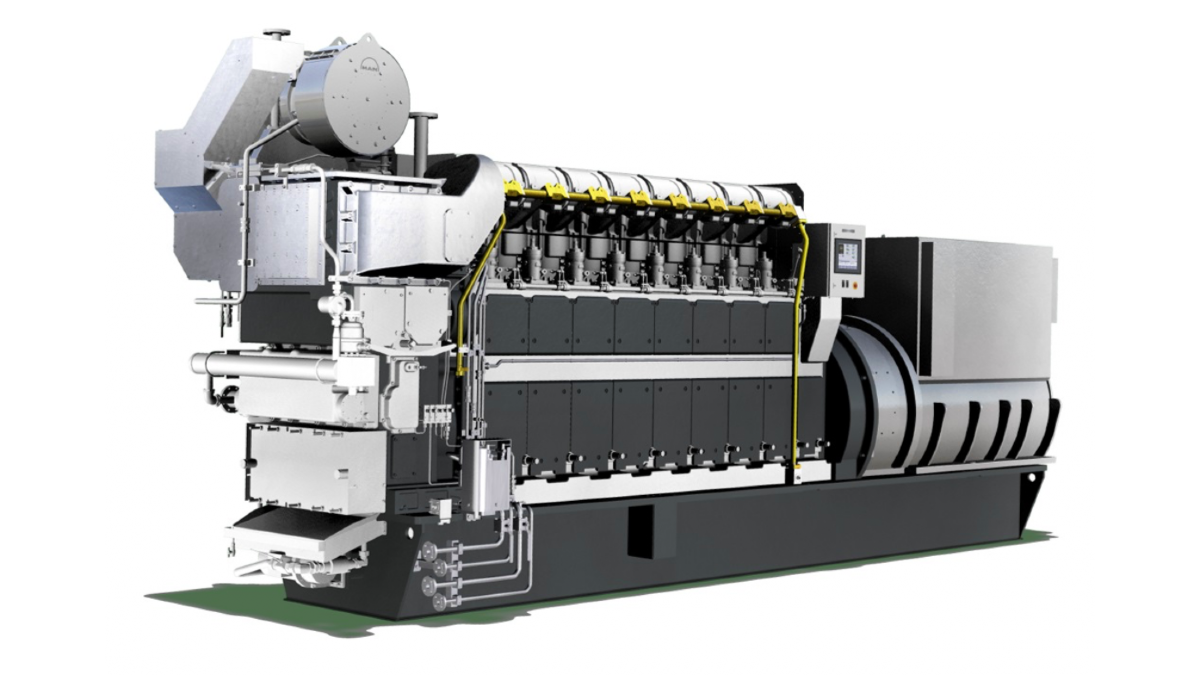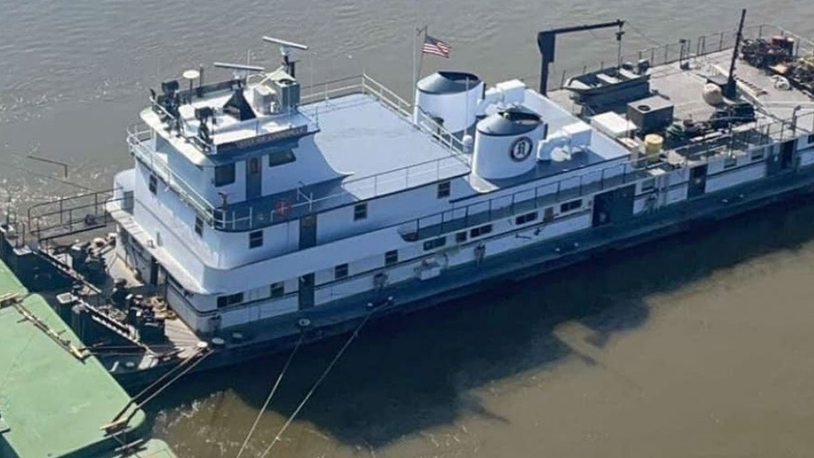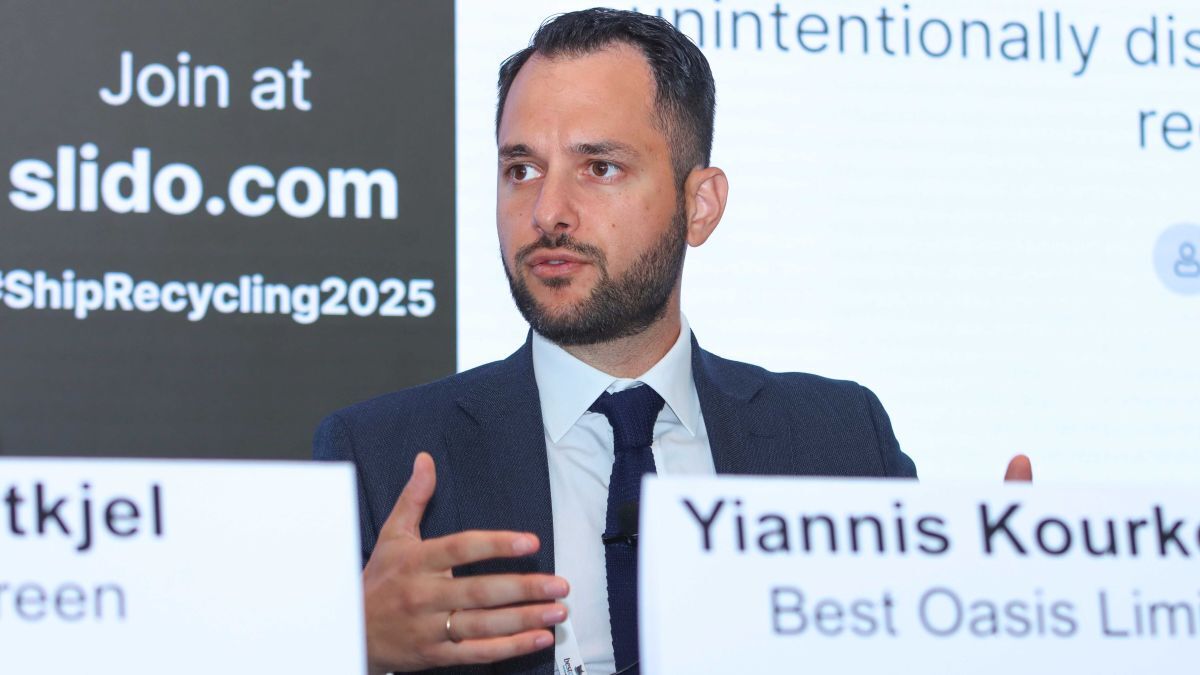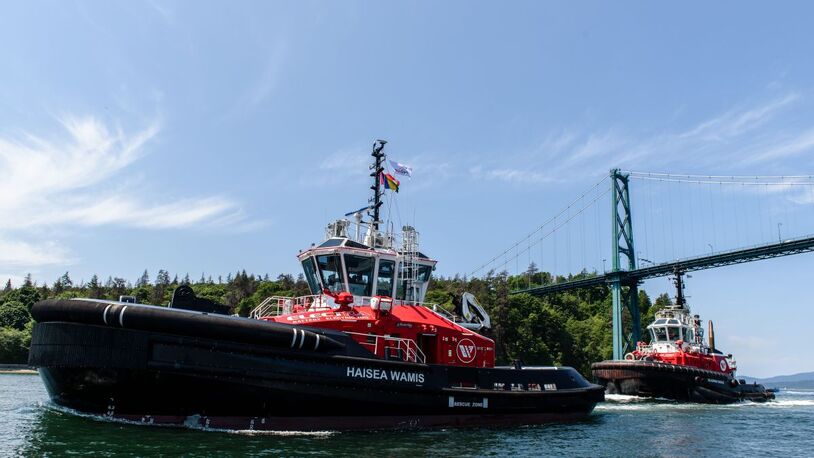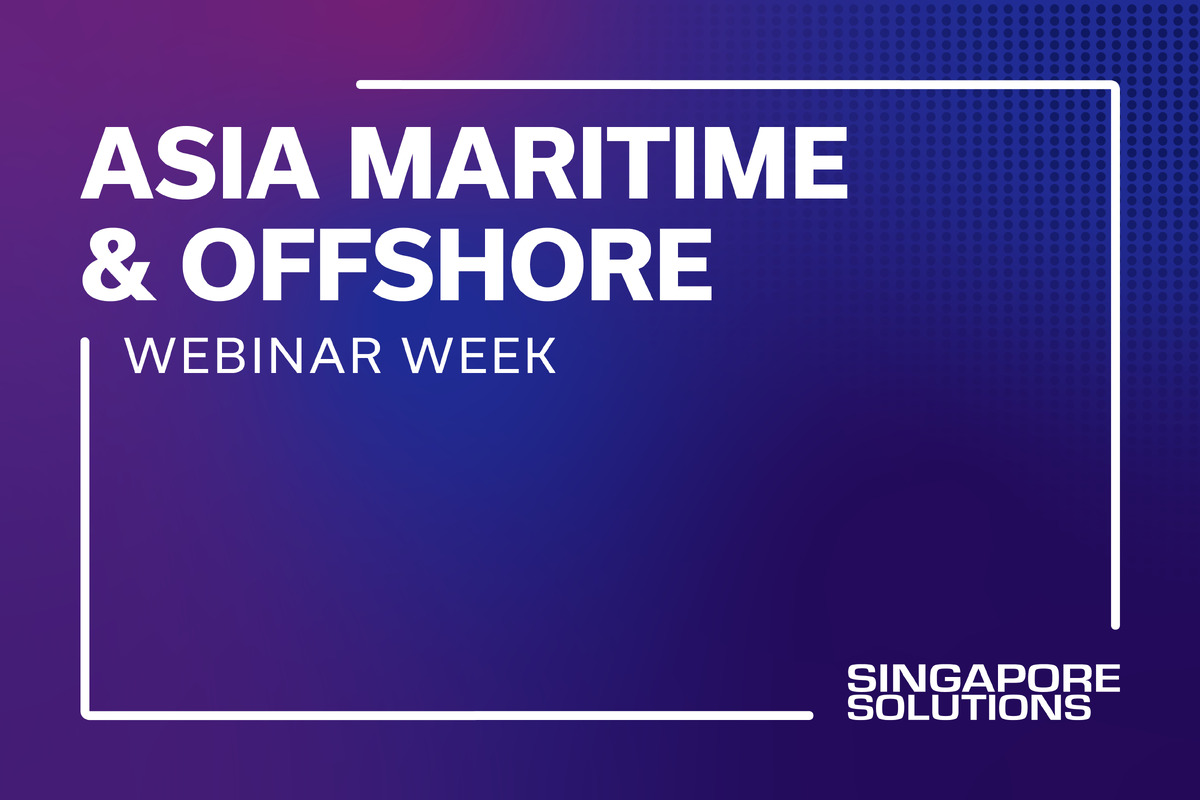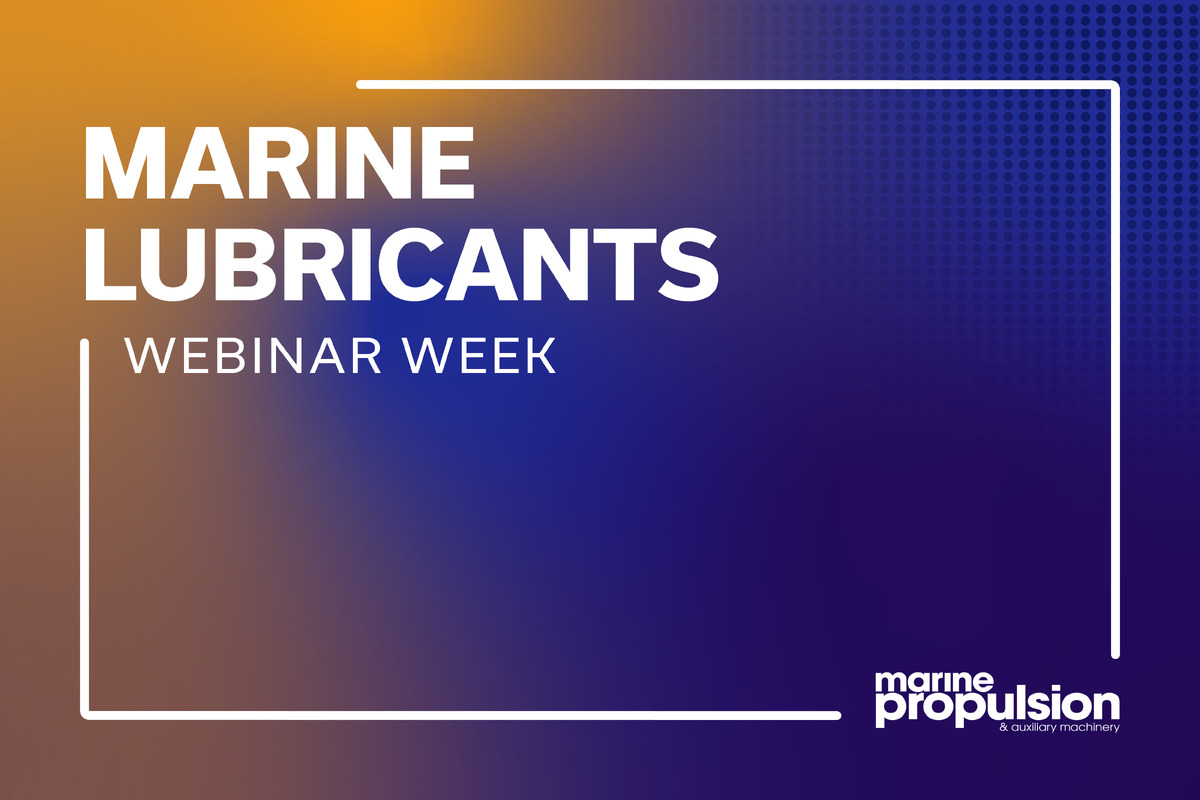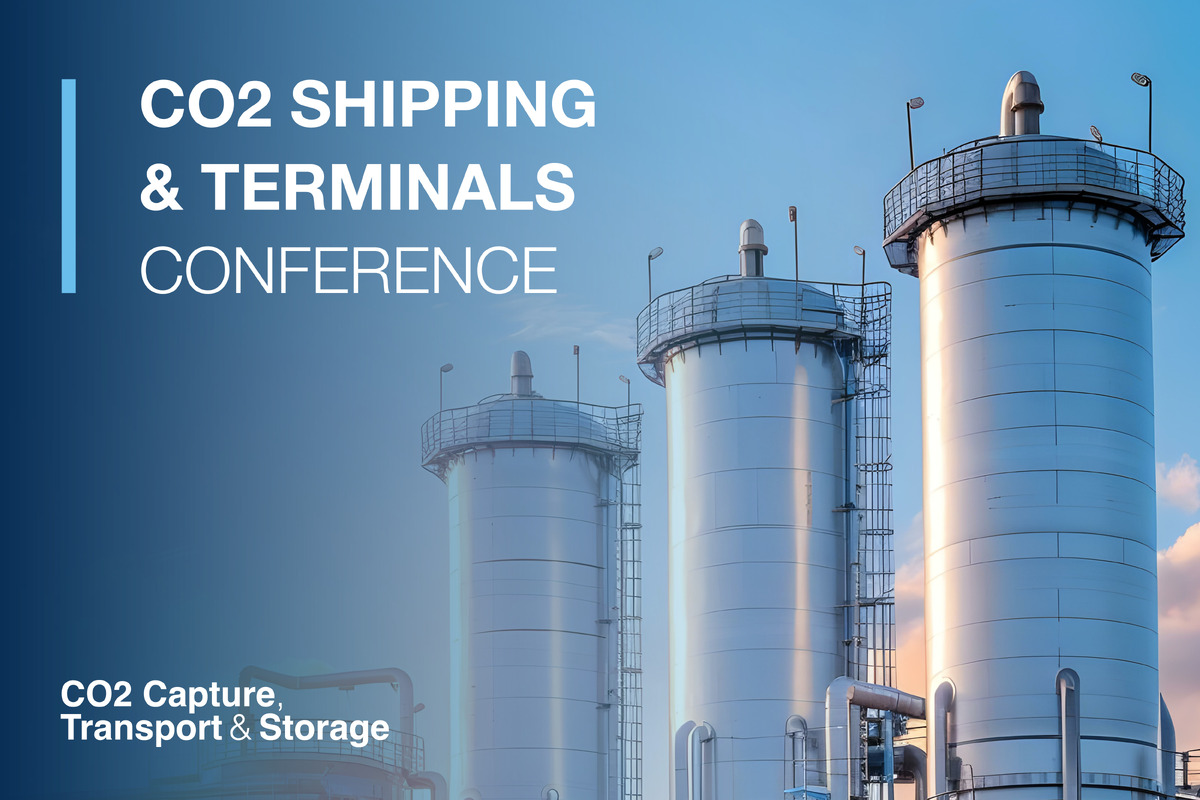Business Sectors
Contents
How performance data can boost operational efficiency
Shipowners and operators from various sectors present their experiences on turning data into an insightful decision-making tool
Experts from the worlds of cruise and container shipping and shipmanagement came together at the Optimised Ship Forum in Hamburg to share their views on how data can be used to facilitate insightful decision making.
Topics covered included how data can be used to create value, the keys to successful management of data, issues around standardisation and transparency, and who the leaders in the field of using data to optimise operational efficiency are.
The panel included Schulte Group’s deputy chief operations officer Helge Bartels, Carnival Maritime’s senior vice president for technical operations Minas Miliaras, CLIA Europe’s manager of European government affairs Paul Altena and Hapag-Lloyd fleet support centre’s Martin Köpke.
The lack of standardisation and transparency in Internet-of-Things (IoT) and digitalisation was one of the main topics of discussion. The panellists were united in identifying the need for organisations such as ISO and IMO to work with industry on developing standards.
“Standards eventually happen, [but] we [didn’t] know when or from who, so we had to develop our own,” said cruise operator Carnival Maritime’s Mr Miliaras.
He shared the example of how suppliers making use of their own fleet operations centres would come on board vessels and install different servers for different pieces of equipment: “We’d have maybe 10 different servers on board, transmitting their data to operations centre, consuming a lot of bandwidth, and many of them would transmit exactly the same data. Now we’ve built a standard – we collect the data ourselves and transmit it to the cloud, then the supplier just connects to the cloud and requests the data they want.
“They don’t need to install a server on board, and we don’t need to have double, triple or multiple levels of bandwidth consumption on our ships.”
Mr Köpke highlighted the multiple working groups within the container sector working on digitalisation solutions as joint industry projects, and the way the sector has previously collaborated to develop standards for containers and loading information.
He noted that crews of charter vessels may be asked to provide data for as many as four different stakeholders – the charterer, the ship manager, the owner, and potential fourth parties – adding to the workload of seafarers onboard the vessel.
“These kinds of innovative technologies don’t wait for the regulatory bodies,” said Mr Altena, adding that industry and technology providers must come together to make proposals to bodies such as IMO and ISO if standardisation is to be achieved.
The issue of investment and utilisation priorities was also discussed.
“We currently don’t have ‘big data,’ at least at Hapag-Lloyd we’d say we have ‘smart data’ and we’re maybe just scratching the surface of that,’ said Mr Köpke. “But we’re starting to use the potential of this data, and it results in monetary gains.”
“We have so much potential from the data already we have in house which we haven’t utilised yet,” he added, noting that the challenge lies in analytics and displaying data in a meaningful way that enables staff to digest and understand it.
Mr Miliaras explained that Carnival is investing heavily in optimising maintenance and inventory management. He noted that the company has about 105 ships, with each ship having an inventory of spares – both technical and hotel-related – that runs into the millions of items.
“If we have 100 ships, we have 1Bn inventory items sitting in storage somewhere on them, and that’s money in the bank.”
“If we don’t manage that money properly, we lose money.”
The company’s solution is a project that will not only enable condition-based maintenance of equipment but also result in globalised databases with greater oversight.
Riviera Maritime Media’s next Optimised Ship Forum will be held in London on 10 December 2019
Related to this Story
Events
Reefer container market outlook: Trade disruption, demand shifts & the role of technology
Asia Maritime & Offshore Webinar Week 2025
Marine Lubricants Webinar Week 2025
CO2 Shipping & Terminals Conference 2025
© 2024 Riviera Maritime Media Ltd.
